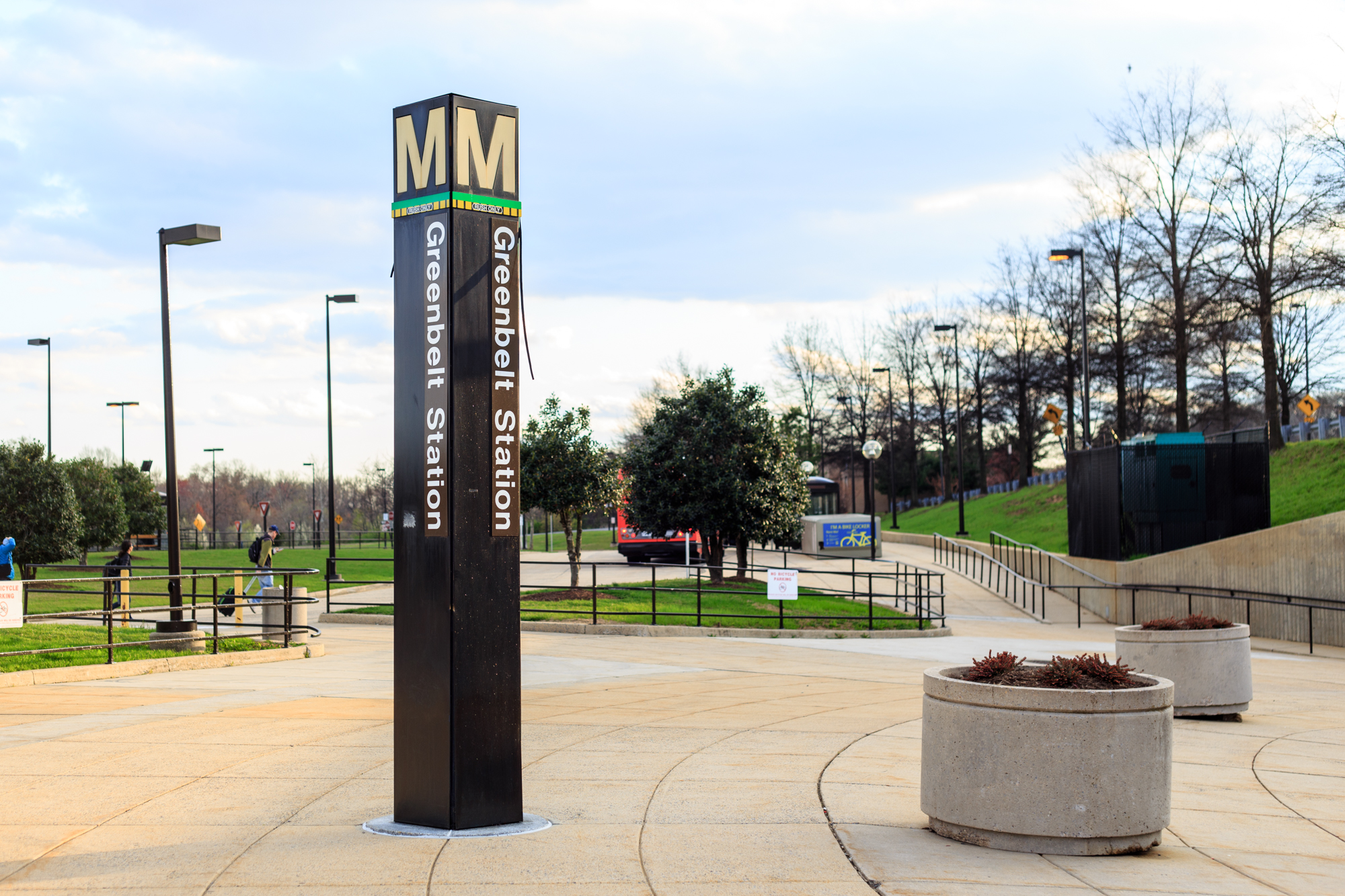Update as of 9:37 pm. on Sept. 13:
WMATA’s Chief Executive Officer Paul Wiedefeld released a statement Tuesday addressing the proposed Metro hour deductions and Maryland officials’ concerns.
While the proposal to curtail late-night Metro services is moving forward, Wiedefeld wrote that he has “directed staff to expand the Metrorail span of service proposal from one scenario to four to fully consider the gives and takes that will get us to an additional eight hours of track access each week.”
There has been discussion with WMATA’s board of directors about the concerns that 40 state officials penned in a Sept. 1 letter, including impact to late-night riders and alternative late-night transportation options, Wiedefeld wrote.
“I take very seriously Metro’s responsibility to this region, not only to provide safe transit service but to provide service to those who require it the most,” he wrote, noting that WMATA is looking to develop late-night Metrobus service scenarios that include adding more late-night bus routes throughout the region.
In addition to a formal hearing, the organization will also seek to gather input from Metro riders and other stakeholders via the Federal Transit Administration -approved Public Participation Plan.
Findings will be presented to the board later in the year prior to their decision, he wrote.
Original story:
In a Sept. 1 letter to Paul Wiedefeld, WMATA general manager and chief executive officer, 40 elected Maryland officials penned their concerns on how Metro closings could affect workers and consumers who rely on late-night Metro services.
WMATA announced on July 26 that the organization is considering a proposal to close the Metrorail system at 10 p.m. on Sundays, and midnight every other night of the week.
“As elected officials from Montgomery County and Prince George’s County in Maryland, we are extremely concerned about the long-term effect of the service changes you have proposed,” the letter read.
A WMATA news release stated the proposed schedule “increases safety and reliability by giving workers the time and space they need to keep Metro’s infrastructure in a state of good repair.”
The Maryland officials highlighted several concerns with the reduction of service, including how it is detrimental to late night workers.
“This service reduction will make it that much more difficult for working people to get to and from their jobs,” said officials in the letter, “The change will definitely affect service industry workers who use late-night weekend trains.”
The letter also pointed out that many D.C. bars are open until 2 a.m., leaving consumers with few choices for a cheap and safe ride home.
“Unfortunately, a reduction in hours may lead some to make less responsible choices,” the letter read.
Officials also argued that many residents don’t have traditional 9-to-5 jobs, and that developments in the Metro system cannot simply be focused on commuters. The system should be a “lifestyle system” that benefits all residents, despite their hours of work or play, the officials wrote.
Wiedefeld will formally propose the hour changes during a board of directors meeting this Thursday to begin public hearings on the matter, according to a WMATA news release.
WMATA declined to comment until after Thursday’s 11 a.m. hearing.



